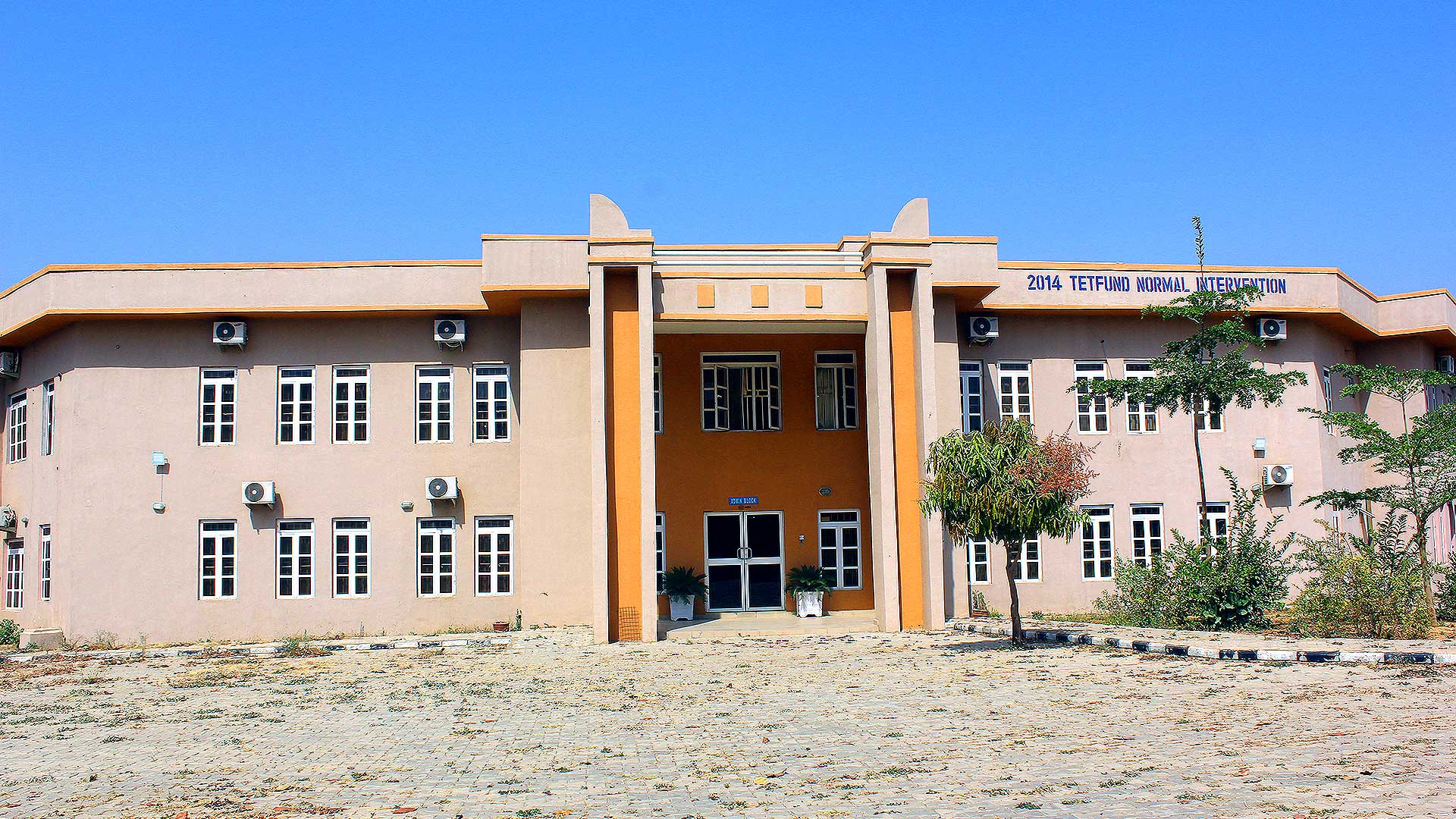
The Faculty of Law was established in 1977 to produce lawyers whose discipline shall reflect and cater for the legal interests of the community in which they train. Therefore, the syllabus was designed to accommodate both Islamic Law and English Common Law. The Faculty's choice of this program (Training Lawyers in both common and Islamic law) was meant to prepare them realistically for the challenges they shall face in their future carrier either as judges, legal practitioners or corporate consultants. Both time and event have proved the choice of this program by the faculty right. Owing to the high demands for the combined and comparative approach, the duration of the programme was initially designed to be for four years to accommodate the extended number of courses (instead of three for traditional law programmes), but it was subsequently extended to five years in response to the 6-3-3-4 National Education Policy.
While designing the combined honours curriculum of the Faculty, care was taken to ensure that the content of the LL.B degree was structured in such a way as to embody values and traditions that the society holds most sacred in line with the philosophy and cardinal principles upon which Bayero University, Kano operates. According to the philosophy, the University should strive to be "a symbol of the spirit of its community, the guardian of its morals and the formulator of' its hopes". Hence, the degree programme was uniquely tailored to provide academic and professional training in Common Law as received in Nigeria and Islamic Law as observed by Muslims and practiced in courts in this part of the country. This integrated approach to the study of the two systems of law was adopted with a view to preparing students to deal with legal problems realistically and in harmony with the needs, aspirations and culture of' the society in which they operate.
The Faculty started as a single department in the 1977/78 session. In August 1987, the Senate approved the submission from the Faculty Board of Law for the creation of two more departments. With this, the Department of Islamic Law and that of Public and Private Law came into existence. A year later the Department was split and renamed to pave 'way of the creation of the Department of Private and Commercial Law. The University has in principle approved the creation of Department of International Law.
In 1978, the faculty admitted its first set of 26 all-male students who graduated three years later in 1981. The Faculty has grown considerably since then, as its now admits 200 students based on its quota with the Council of Legal Education. So the Faculty has over a thousand students as its total student's population.